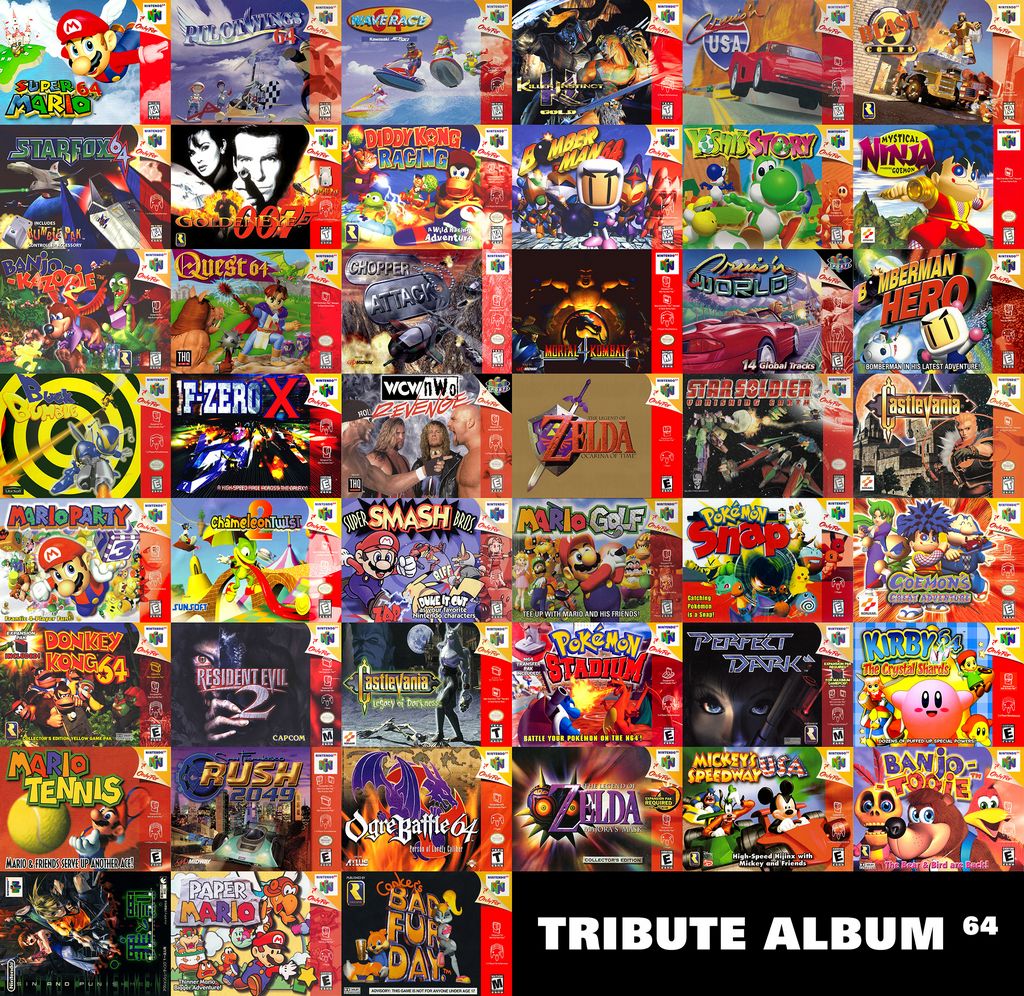Is Downloading Retro Computer Game ROMs Ever Before Legal?
Emulators Are Likely Legal
So let’s begin with the very easy things. In spite of what you may have heard, there’s not a lot of concern as to whether emulators are lawful; they likely are. Also Apple has actually softened on emulators by finally allowing them into the App Shop. An emulator is just an item of software meant to emulate a video game system – yet most do not have any type of proprietary code. (There are exceptions, of course, such as the BIOS files that are called for by certain emulators to play games.)
Yet emulators aren’t beneficial without game documents – or ROMs – and ROMs are often an unauthorized copy of a computer game that’s secured by copyright. In the USA, copyright safeguards works for 75 years, meaning no significant console titles will certainly remain in the public domain name for decades.
However even ROMs exist in a little a gray area, according to Bambauer.
The Possible Exemption for ROMs: Fair Usage
To begin: downloading a duplicate of a video game you don’t very own is illegal.Join Us nes games download for android website It’s no different from downloading and install a flick or television show that you don’t own. It’s piracy. Let’s think I have an old Super Nintendo, and I love Super Mario World, so I download a ROM and play it, stated Bambauer. That’s an infraction of copyright.
That’s rather clear cut, right? And it essentially lines up with the language relating to ROMs on Nintendo’s web site, where the firm argues that downloading any type of ROM, whether you have the video game or otherwise, is prohibited.
Yet exists a lawful protection? Perhaps, if you already possess a Super Mario World cartridge. After that, according to Bambauer, you might be covered by fair use.
Fair use is an unclear standard, not a guideline, Bambauer described. He says he could picture a few feasible defensible scenarios. If I have a copy of Super Mario World, I can play it whenever I desire, he keeps in mind, yet what I ‘d actually such as to do is play it on my phone or my laptop computer. In this case, downloading and install a ROM could be lawfully defensible.
You’re not offering the game to any person else, you’re just playing a game you currently have on your phone, claimed Bambauer. The disagreement would certainly exist’s no market injury below; that it’s not replacementing for a purchase.
Currently, this isn’t black and white; simply a possible lawful disagreement. And Bambauer is quick to admit it’s not an ideal one. This is by no indicates a slam dunk argument, said Bambauer, However it’s by no implies a silly one. Besides, Nintendo could argue that by mimicing the video game on your phone, instead of acquiring their main port of a video game, they’re losing cash.
Though, while there is no criterion details to video gaming, there remains in various other markets. In the songs sector, everybody accepts that space changing is legal, Bambauer notes. You can see where this obtains complicated.
What happens if You Slit Your Very Own ROMs?
A common debate online is that removing a ROM from a cartridge you possess is perfectly lawful, yet downloading and install ROMs from the internet is a criminal offense. Devices like the Retrode let any person extract a Super Nintendo or Sega Genesis game over USB, and mention their legality over downloads as a key marketing factor. Besides, ripping a CD you possess is generally considered legal, a minimum of in the USA.
So, is tearing a ROM you have any different than downloading one? Most likely not, states Bambauer: In both instances what you’re doing is producing an extra copy.
Currently, Bambauer could think of building a debate concerning how one is different than the other, and he confesses the optics are various. Yet he doesn’t believe both circumstances are all that distinctive, legitimately talking. I assume if the argument is, if I were a competent designer, I can extract this and have a duplicate, said Bambauer. If we presume, for a moment, that if I did that it would certainly be reasonable usage, after that it should not be different.
Sharing ROMs Is Unambiguously Illegal
This fair use disagreement is potentially extremely wide reaching, yet there are restrictions. The problem comes when it’s no more just me having a duplicate, it’s giving other individuals a duplicate, claimed Bambauer.
Consider the entertainment industry. The RIAA and MPAA have actually located extra luck pursuing the sites and people sharing songs, rather than the downloaders. For ROMs it largely works similarly, which is why sites that share games are so regularly shut down.
Once you’re distributing a ROM, a lot of individuals downloading it most likely do not have lawful duplicates of the video game, claimed Bambauer. Then it is market injury, because Nintendo ought to have the ability to offer to those people.
As a result of this, it may be a good idea, even if you own a game, to avoid downloading and install ROMs from peer-to-peer networks, where you’re sharing a duplicate of the video game as you download it.
Suppose a Game Isn’t Currently on the Market?
Lots of people suggest online that if a video game isn’t currently readily available on the marketplace, downloading a ROM is legal. After all: there can’t be market harm if a video game is not currently available for sale in electronic kind. That disagreement could not be airtight, according to Bambauer.
On the one hand, there’s no amount of money that will let me get a lawful copy of this game, said Bambauer. Beyond of the disagreement, there’s what Disney does. Disney’s timeless method was to put timeless motion pictures in the safe for prolonged durations. Instead of leaving films regularly on the marketplace, they occasionally re-released them, which built up need and boosted sales when that launch actually came.
Computer game companies can say they’re doing the very same thing with presently unreleased games, and that ROMs are driving down the possible market value. It’s a close case, claims Bambauer, and hasn’t been examined a whole lot. But they could make that argument.
At the same time, he notes, a video game not currently getting on the market can potentially be a helpful part of a protection, specifically if you’re downloading and install a game you already own. I could not purchase a duplicate anyway, and I already own a duplicate, said Bambauer, once again hypothetically. So it’s kind of like possessing a CD, and ripping it on my own.
All of This Is Mostly Theoretical
You’re probably starting to see a pattern below. ROMs are such a gray area since there are possible legal defenses on both sides – yet nobody’s really checked these arguments before. Bambauer couldn’t indicate any case regulation specifically concerning computer game ROMs, and was mainly simply extrapolating from various other areas of Net copyright legislation.

